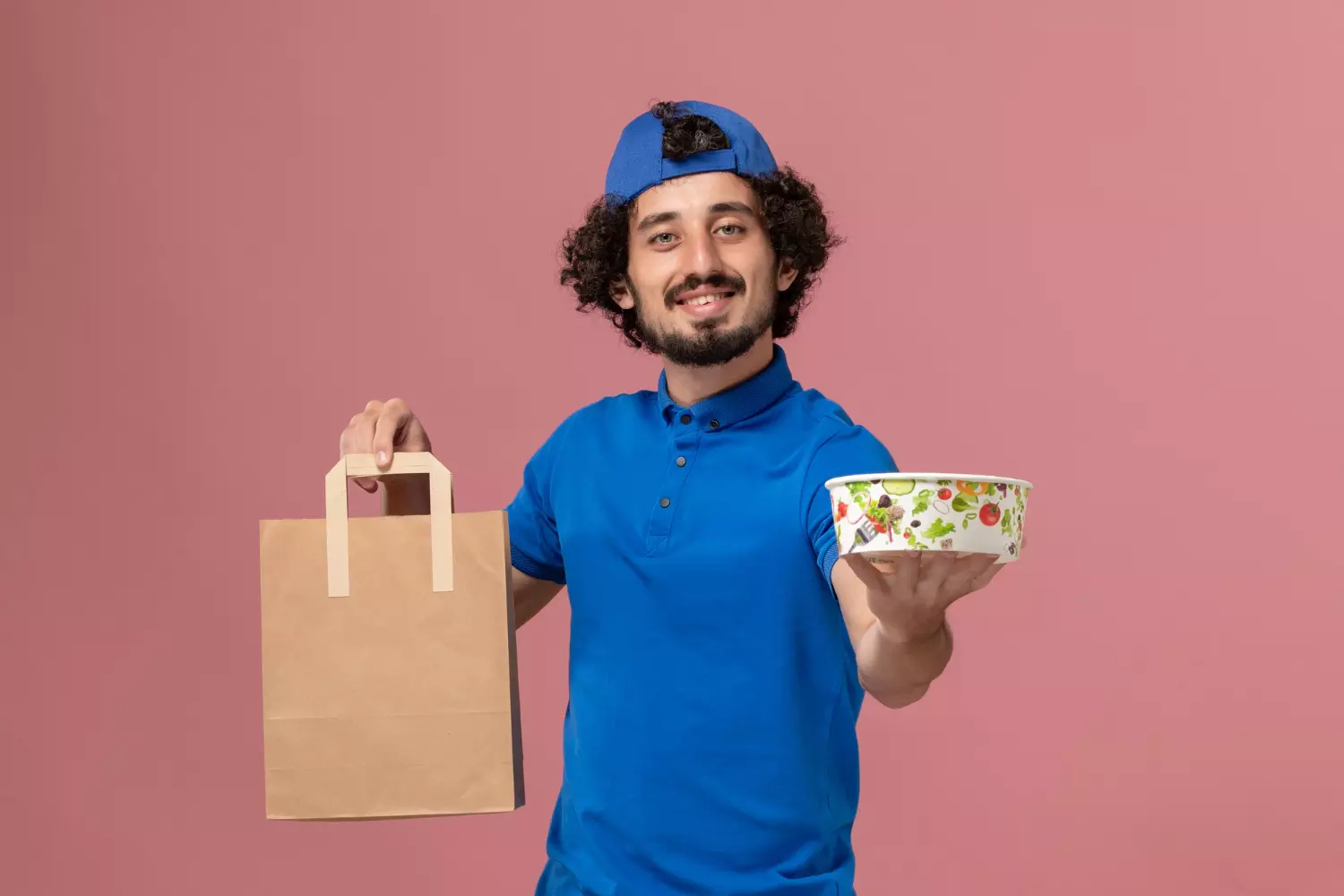
‘Cook time 2 min, delivery time 8 min’: Entrepreneur flags food q-com health concerns
Shantanu Deshpande, founder-CEO of Bombay Shaving Company, drew attention to “biggest epidemic” of poor nutrition and processed food India is suffering from

How often do you Swiggy your food because you are short of time or too lazy to cook or are simply craving a morsel from your favourite restaurant in town? But while relishing those mouthwatering bites, have you ever wondered how fresh your food is and how it got cooked as well as delivered in 20 minutes flat?
An entrepreneur has now drawn attention to this “epidemic” in a LinkedIn post. Shantanu Deshpande, founder and CEO of the men’s grooming brand, Bombay Shaving Company, drew attention to “the biggest epidemic of poor nutrition and unhealthy processed and ultra processed food which is high on palm oil and sugar” that India is suffering from without the economic cover for health like the US or China.
Also read: Why organic food can lead to a risk of gut disease
Following the path of China and US without health cover
He started the post with “Cook time 2 min, delivery time 8 min” to highlight the ridiculousness of the quick food delivery system, as told him by a “qcom for food” founder. “Qcom” stands for “quick commerce”. “Our junk food addiction, fuelled by 49 rs pizzas and 20 rs poison energy drinks and 30 rs burgers, is taking us down the path of China and US without the economic cover needed for health,” he pointed out.
“Frozen purees and curries and old vegetables heated and garnished with dhaniya [cilantro] to look fresh and slammed in some 2 wheeler who rides like Mad Max to your door in 10 min cos you couldn’t wait another 15 min or you were too lazy to chadhao [put on] a [pressure] cooker of daal chawal (sic),” Deshpande summed up.
He also claimed that “Our grains have lost nutrition over last 50 years as we prioritized agricultural yield for nutrition”.
“Cook your food”
Deshpande also stated that he would love it if it was actually possible to “give non-stale and decent food” in 10 minutes. “But I don’t think we’re close to there yet,” he pointed out.
Asking the businesses concerned to “make the product palatable”, he also asked regulators to keep an eye on the food delivery business. Besides, he advised the general public to get into the habit of cooking their food. “It’s an adult skill. No one is too busy to take 10 min out to put a decent dal Chawal or smoothie or salad or sandwich together (sic),” he said.
Highlighting that eating stale and junk food regularly “can power some wild long-term health issues if uncontrolled,” he remined netizens that “The gut is the epicentre of your existence. YOU ARE WHAT YOU EAT”.
Also read: McDonald’s burgers linked to E. coli outbreak in US; one dead, 10 hospitalised
Mixed reactions
The post received mixed reactions from netizens. While some agreed with Deshpande, others pointed out that even home-cooked meals can be unhealthy and, if eaten in large portions, can cause health issues. Another pointed out the importance of working out while some in the food business argued that frozen food may not necessarily be unhealthy. Yet others pointed out that Indian eating habits in general were unhealthy.
Abhishek Sinha, co-founder and CEO at food tech start-up GoodDot, argued, “It’s important to distinguish between fresh, chilled, retorted and frozen. Painting all the foods with one brush based upon the nature of preservation is not the correct way to approach the subject. Eg Freshly cooked rice has a higher Glycemic Index, causing a rapid spike in blood sugar. But when you cool it in the fridge and reheat it, the GI drops, leading to a slower, more stable rise in blood sugar. Similarly frozen foods mostly packs the nutrients and preserves it as long as the frozen temperatures are maintained (sic).”
He went on, “What is actually important is the ingredient label. A good quality frozen food will beat a freshly prepared food having high sodium and fat content. And going by what is available fresh in restaurant and even the streets, there is a lot of scope for improvement.”
Also read: Busted: Five myths about eco-friendly eating
Need for regulation
Sinha ended his reply by saying he was not justifying “the fad of 10 minutes delivery of food items”. “We seems (sic) to be in a rush everywhere and this is simply promoting unsustainable behaviour all around,” he wrote.
Jaikishan Bhatia, manager at Cipla, said, “We need a regulatory authority, perhaps under the Ministry of Health, to monitor the quality of food. Quick delivery isn’t the problem, compromised food quality is. Let them deliver in 10 minutes, but ensure the food preparation itself takes adequate time. Separate ‘preparation time’ from ‘delivery time.’ This way, these startups can still chase their 10 minute delivery dreams without compromising public health. After all, if they’re solely focused on speed, let’s ensure the food they deliver is atleast worth eating (sic).”

